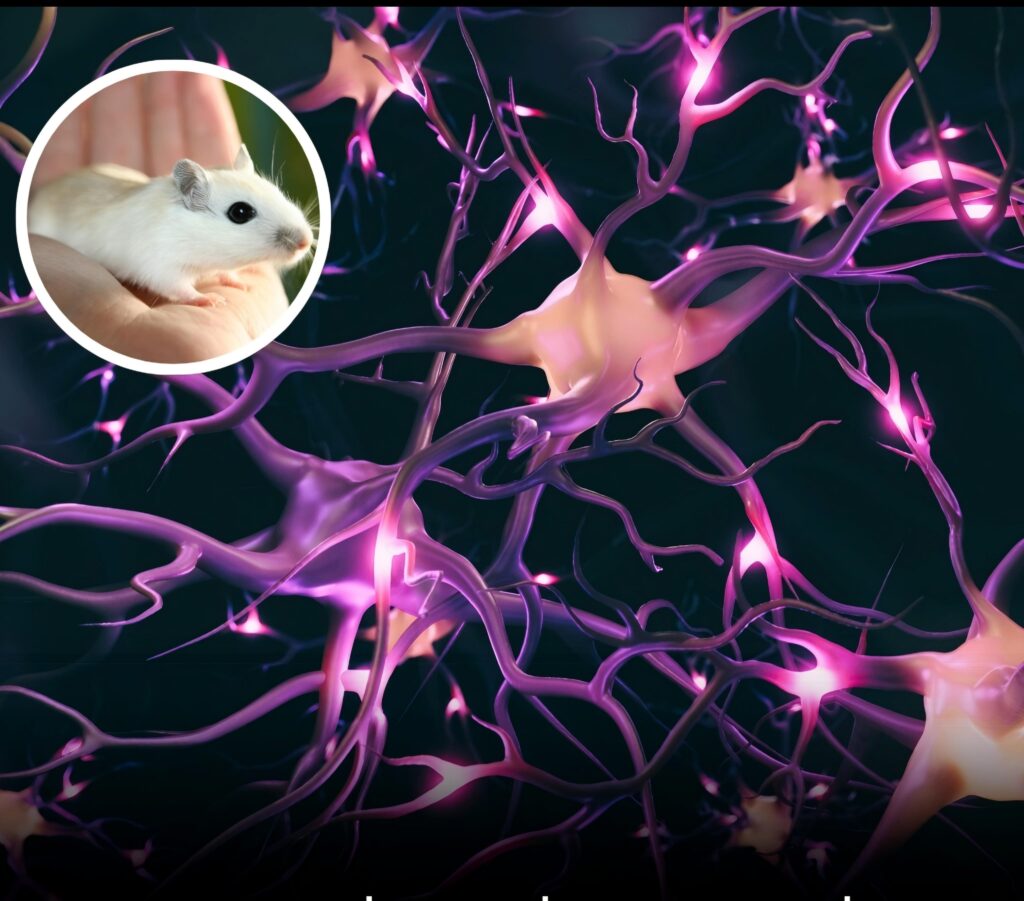
A molecule that blocks aging and dementia has been discovered.
And it could lead to new ways to treat Alzheimer’s.
The molecule, called hevin, is a protein made by brain cells known as astrocytes. These cells support neurons by helping them communicate with each/Science other.
In a new study from Brazil, scientists boosted hevin levels in the brains of both healthy mice and mice with Alzheimer’s-like symptoms.
Over six months, the treated mice showed better memory and learning, and brain scans confirmed stronger connections between neurons. Hevin also triggered other helpful proteins that protect these connections. Importantly, researchers found that Alzheimer’s patients tend to have lower levels of hevin, suggesting it plays a role in the disease. Most Alzheimer’s treatments focus on clearing brain plaques, but hevin doesn’t affect those-yet still improves brain function.
This supports the idea that plaques may not be the main cause of Alzheimer’s. While it will take years to turn this research into medicine for humans, the findings offer a new path for understanding and possibly treating age-related memory loss. Aging and dementia are closely linked, as the risk of cognitive decline increases with age. Dementia is not a normal part of aging but often results from brain diseases like Alzheimer’s, which damage neurons and disrupt communication between brain cells. As people age, changes in the brain-such as reduced blood flow, inflammation, and loss of synapses-can make it harder to think clearly and remember things.
Source: https://www.sciencealert.com/
